Philanthropy411, in partnership with the National Network of Consultants to Grantmakers, is currently covering the Council on Foundations conference with the help of a blog team. This is a guest post by Angela Glover Blackwell, Founder and CEO of PolicyLink.
by: Angela Glover Blackwell
Much of the past year was spent talking about how reforms to the health insurance and health care industries could make Americans healthier. That was an important conversation — but it often missed a crucial truth. Our health is determined by factors far beyond just our health-care card (if we’re fortunate enough to have one).
As I said in my plenary panel, “How do we get to a Healthier America?”
Our race and our ZIP code are significant predictors of health. Black and Latino children and adults are at the highest risks for chronic medical conditions like heart disease and even many cancers. People who live in poor communities often lack access to healthy food stores, clean air, or safe nearby parks — and disproportionately suffer from obesity, asthma, and diabetes as a result.
While issues of health and equity are gaining currency in some important circles, this critical connection between where we live and how we live is missing from far too many of our public policy conversations. Many foundations are leading the push to highlight and build upon these connections — like the Convergence Partnership (The California Endowment, Kaiser Permanente, Kresge Foundation, Nemours, the Robert Wood Johnson Foundation, and the W.K. Kellogg Foundation), who are working together to “create healthy people in healthy places.”
But we must do more. We must invest equitably and ensure all our communities have access to economic and social opportunity.
By 2050, America will no longer have a majority racial group. For America to compete in the global marketplace, we need a healthy workforce and cannot waste the talents of any of our people. Equity is the superior growth model for the 21st Century. And it’s up to philanthropy and advocates to continue the push to make that simple truth standard practice for policymakers across the nation.
How do we make that happen? I would love to hear ideas from my fellow bloggers.






